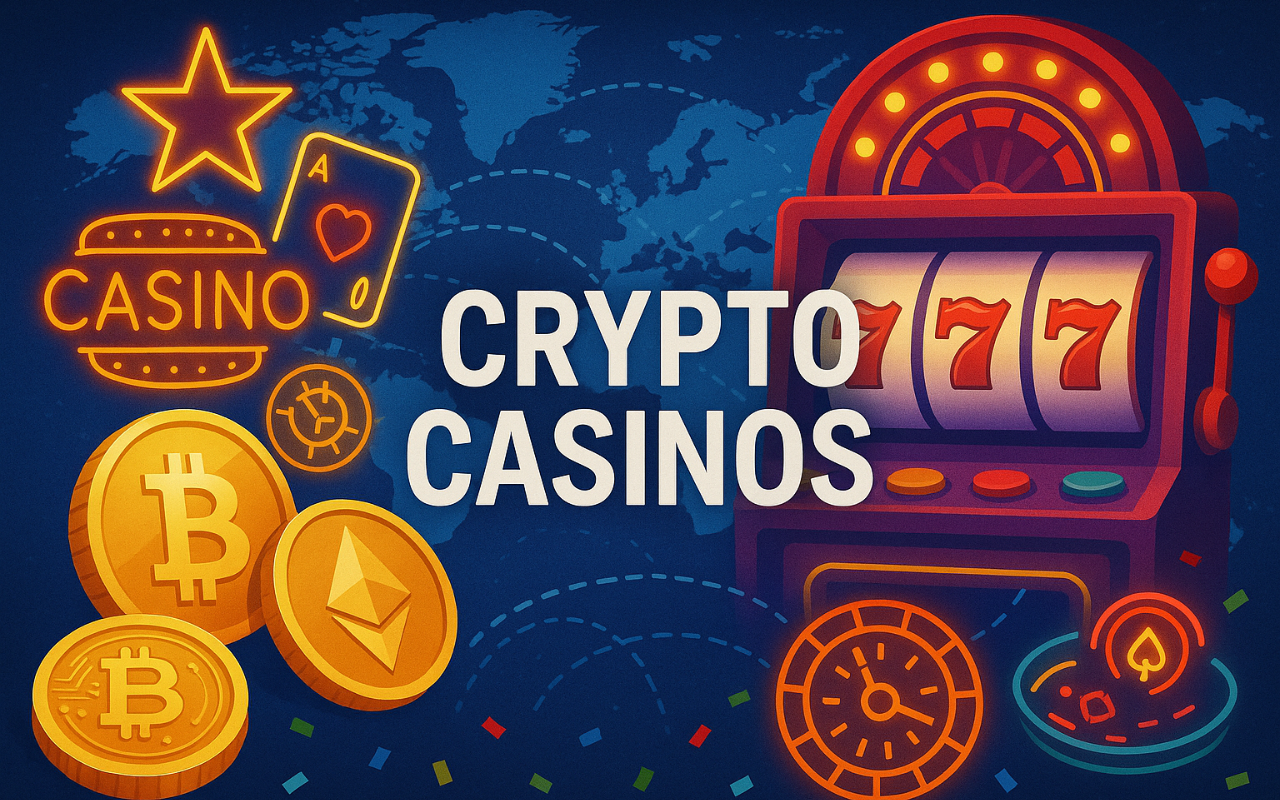Crypto Casinos: Thriving Amidst Legal Ambiguity

Crypto Casinos: A Rising Phenomenon
- The uncertain legal standing of crypto casinos has not deterred players from investing billions into these platforms.
- Leading crypto casinos have now grown to compete with top-tier gambling organizations in terms of total revenue.
- Numerous players are finding ways to bypass government-implemented restrictions to access crypto casinos.
Crypto casinos worldwide exist in a precarious position. In major jurisdictions such as the United States, Australia, New Zealand, Canada, and the United Kingdom, these casino sites are either officially banned or operate in an unregulated gray area.
Crypto Casinos Thrive Despite Ambiguous Legal Frameworks
Nevertheless, the lack of regulatory clarity has not hindered the rising popularity of crypto casinos, which amassed over $81.4 billion in gross gaming revenue in 2024 alone, as revealed by a recent survey conducted by Yield Sec, a company specializing in online crime within the sector, originally reported by The Financial Times.
The report from Yield Sec clarifies that the $81.4 billion gross gaming revenue (GGR) reflects the difference between the total bets placed by players and the payouts made. To give context, the GGR for the crypto casino industry has quintupled since 2022.
Yield Sec’s deeper analysis of the crypto casino arena identified prominent industry leaders. Their study shows that Stake managed to generate $4.7 billion in GGR in 2024 alone, marking an 80% increase since 2022, underscoring its rapid ascent in popularity and global clout.
To contextualize Stake’s success, one can compare it to traditional gaming giants such as Entain, which reported $5 billion in GGR in 2024.
While Stake has been actively pursuing licenses to operate in large global markets, including the United Kingdom and Brazil, it withdrew from the UK in 2024. Other crypto operators have not been as proactive.
In Stake’s particular case, the company recognized the necessity to adapt local domains into fiat-currency-based gambling platforms, as seen in their recent entry into the Brazilian iGaming market.
Contrarily, most crypto casinos have been reluctant to obtain licenses, choosing instead to operate globally without specific jurisdictional approvals.
Regulatory Barriers Foiled by Player Ingenuity
As a result, many operators have faced fines but have largely escaped unscathed due to limited enforcement capabilities. Regulators have struggled to impose penalties effectively, and even website blocking has been legally contentious, as evidenced by recent developments in Germany.
Meanwhile, users encountering minor restrictions have quickly adopted a new strategy—using VPNs to bypass barriers and continue playing.
The Netherlands Gambling Authority has accused numerous websites of allowing Dutch players to access their services by employing VPNs.
The Yield Sec report underscores the enduring presence and growing prominence of crypto casinos. However, it remains evident that the majority of these platforms are unregulated and are unlikely to receive official recognition in the near future.









